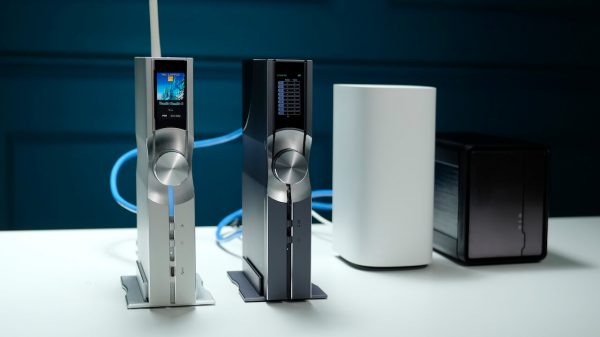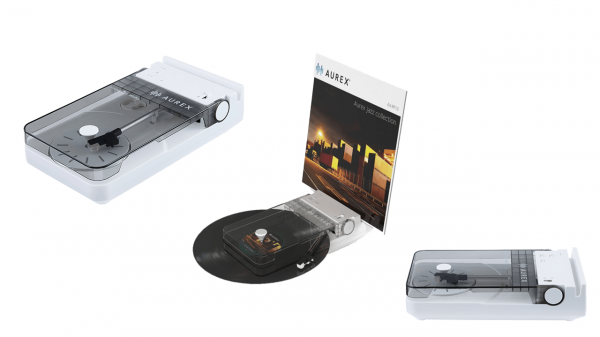Most of us have heard it all our lives: There ain’t no such thing as a free lunch. It refers to the fact that attached to anything free is usually something costly. A gross example is the ads plastered all over the internet saying something like, “You’ve already won a free DVD player.” If you click on the ad, you are presented with an endless parade of questionnaires designed to sell you services or products. If you answer none of these questionnaires, you don’t get the prize. If you do, you may or may not get the prize–read the fine print. Either way, you’ve lost a lot of valuable time and set yourself up for spamming or adware as well. Another example is, of course, the free breakfast buffets put on by timeshare marketers in resorts the world over. You may get a free omelet, but you’ll spend hours fending off high-pressure salespeople who now have you as a captive audience.
This adage and lesson can certainly be applied to “free” defragmenters. Yes, it costs you nothing up front–seems like a great deal. But let’s take a closer look at what you’re actually getting for “free.”
First, this defragmenter, if you simply launch it, will run on its own schedule which may or may not be appropriate for your site and your systems. So right there, you must spend time scheduling each defragmenter on each disk on each system.
But for the defragmentation solution to get any kind of effective work done, you must first perform some sort of analysis on your system to discover where the most file fragmentation is occurring. That way, the schedules you set might have some impact on the performance loss caused by fragmentation. The problem is, such an analysis requires even more time in addition to setting the schedules. With today’s hectic IT environments, such time is extremely costly. Add to that the fact that such analysis requires experienced IT personnel–something in short supply these days–and you can readily see that this “free” defragmenter is anything but.
There is also another problem with scheduled defragmentation. Because of today’s higher-capacity volumes and larger file sizes, scheduled defragmentation is no longer keeping pace with fragmentation rates. Fragmentation is continuing to occur and impact performance in between scheduled runs, and in some cases these defragmenters aren’t even touching fragmentation.
The solution is a completely automatic, transparent defragmentation solution which requires no scheduling and runs full-time, using only idle system resources. Such a solution can keep up with today’s frantic rates of fragmentation, and allow IT personnel to better utilize their very valuable time.























